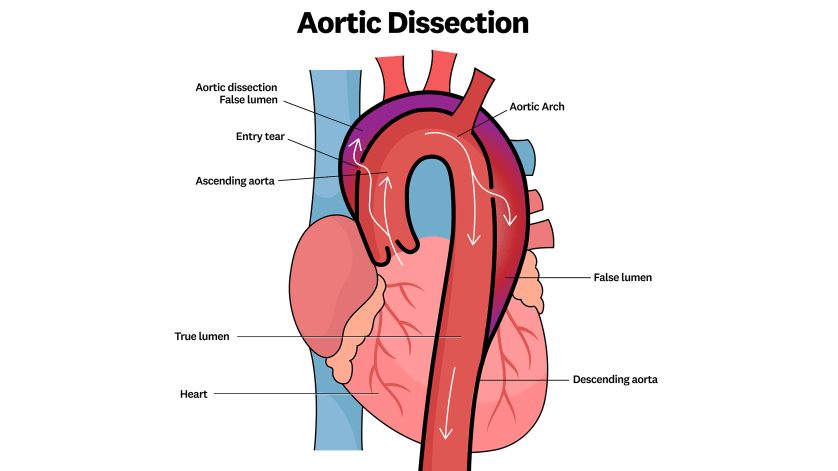
Cardiovascular Surgery





Daily News
Stay up to date with the latest clinical headlines and other information tailored to your specialty.
Thank you for signing up for the Daily News alerts. You will begin receiving them shortly.



June 19, 2025
Mass Spec Research Roundup: What Proteins, Paper Tests, and Pinot Noir All Have in Common
The Analytical Scientist

June 17, 2025
Baptist Health Announces 42nd Annual Echocardiography and Structural Heart Symposium
Baptist Health South Florida
Advertisement
Recommendations
Advertisement
